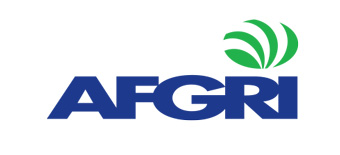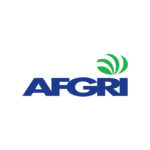BUSINESS DAY: Mandatory sale of Bank of Athens adds another string to AFGRI’s bow
Bank of Athens’ parent, the National Bank of Greece, was compelled to sell its 99.81% interest in the bank as part of an agreement with the European Stability Mechanism
The South African Bank of Athens’ parent company was forced to offload its South African subsidiary, which had R1.5bn in deposits and R2.3bn in assets at the end of 2016, in terms of European Central Bank (ECB) conditions.
Afgri has snapped up the Greek bank’s interest, but declines to say at what price.
The agricultural services company is unwilling to divulge its plans for Bank of Athens, which Reserve Bank records show obtained the bulk of its deposits from the private non-financial corporate sector and households, while its two largest asset groups comprise residential mortgages and commercial and other mortgage advances.
This differs from Afgri’s R12bn debtors’ book, built up through Unigro Farmer Lending, Unigro Insurance Brokers and GroCapital Financial Services on behalf of the Land Bank. The Land Bank provides financial services to agribusiness.
Afgri CEO Chris Venter could not comment on how Bank of Athens’ clients complemented Afgri’s offering before the deal won regulatory approval.
“We … require all approvals. Afgri views this as a change in the holding structure, which will provide benefits to our clients.”
Afgri said on Tuesday that it had applied for regulatory approvals from the Reserve Bank, the minister of finance and the competition authorities.
Bank of Athens’ parent, the National Bank of Greece, was compelled to sell its 99.81% interest in the bank as part of an agreement with the European Stability Mechanism, which injected €2.71bn in capital in December 2015 after the ECB found a €4.6bn capital shortfall at the bank.
The ECB required National Bank of Greece to “dispose of noncore assets outside Greece” as a condition of the bail-out.
The rest of the shortfall was covered through “private means” and bolstered by the bank’s positive third-quarter results for 2015.
The National Bank of Greece is regarded as one of that country’s four systemically important financial institutions.
It expects the deal with Afgri to close within the second half of 2017 and enhance its liquidity by about €55m.
Venter said Afgri was impressed with the strides Bank of Athens had made in specialised offerings, especially in “the application of technology and innovative solutions”.
“Afgri, through its 94-year history, prides itself on knowing agriculture and agricultural cycles … [and is able] to use this knowledge in affording clients access to finance that will assist them through their production cycle,” said Venter.
“This acquisition provides an additional retail and alliance banking platform to current and prospective Afgri customers where deposit-taking and lending is possible.”


